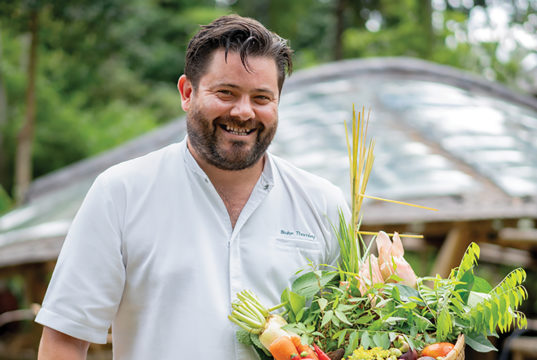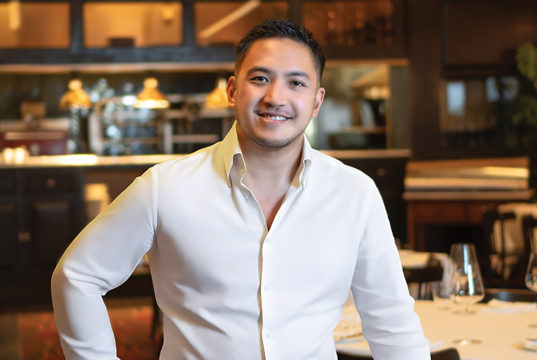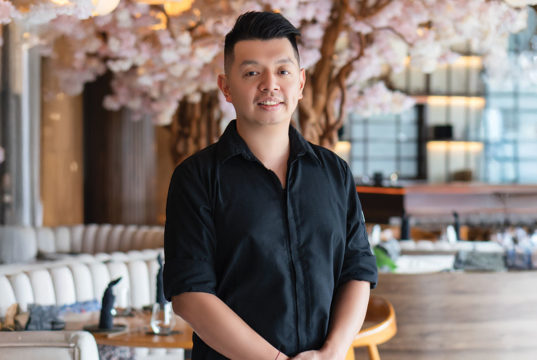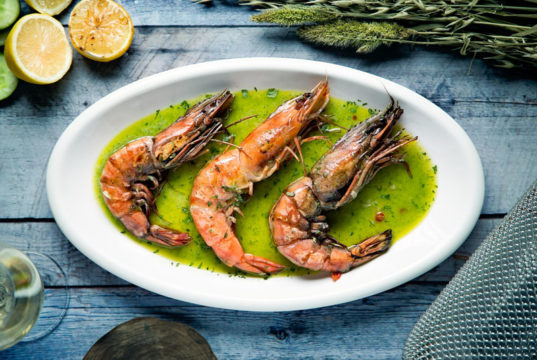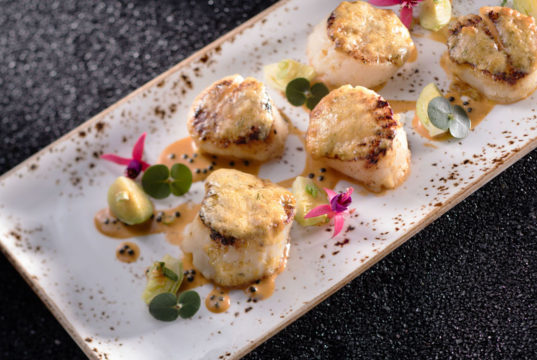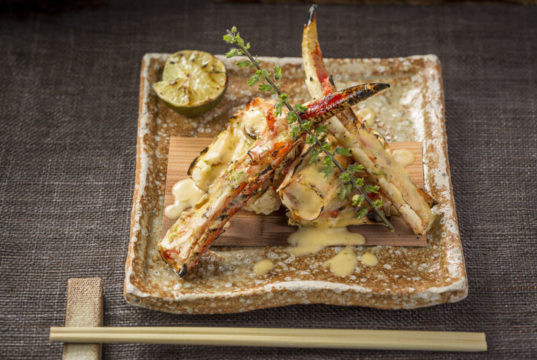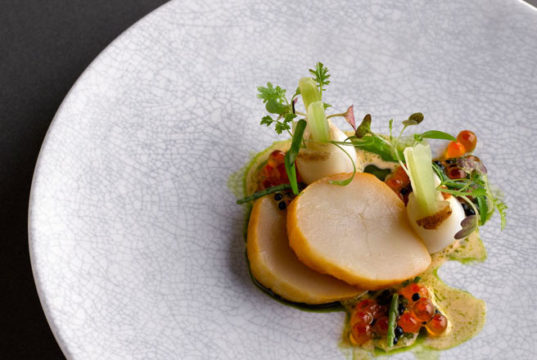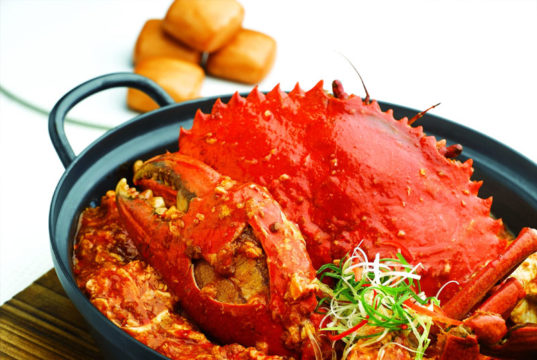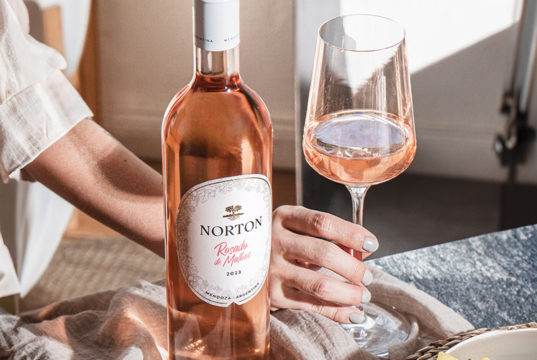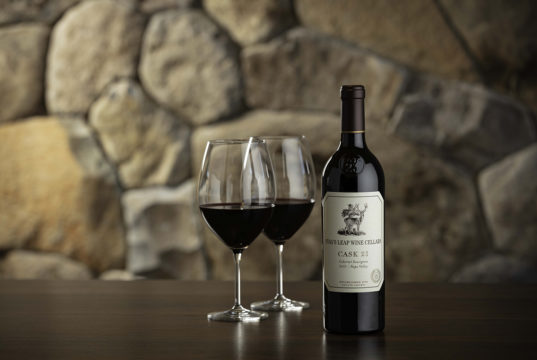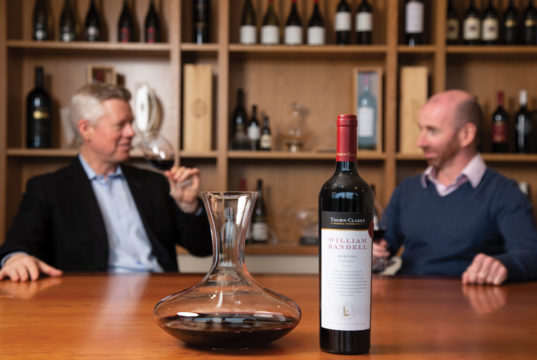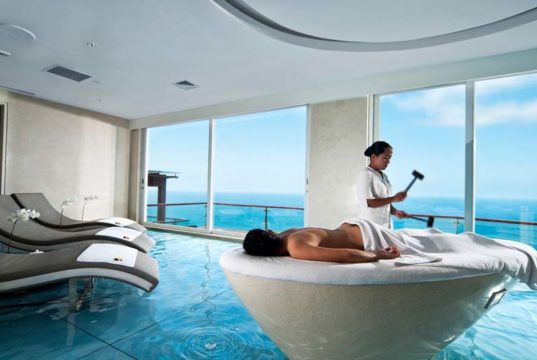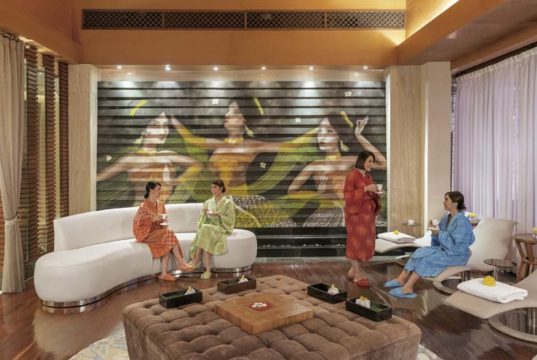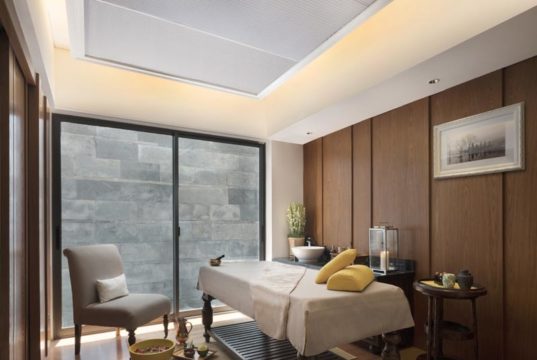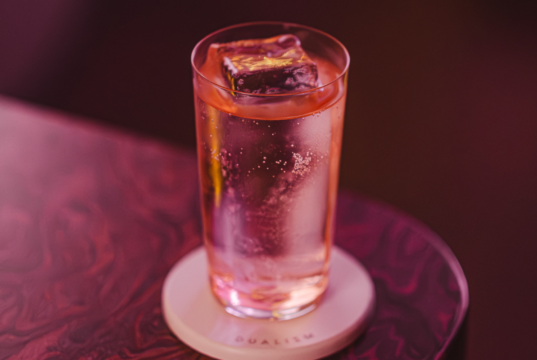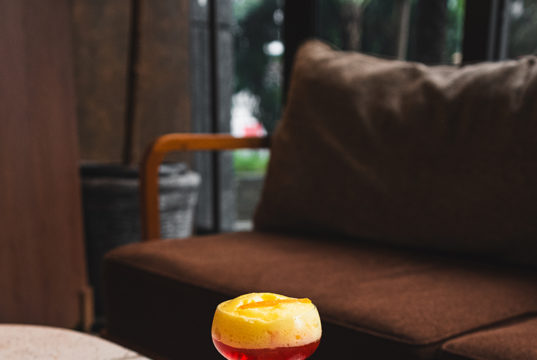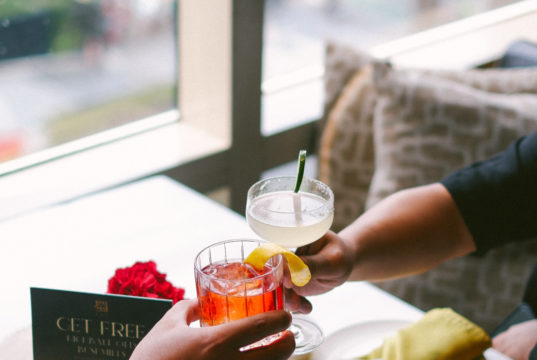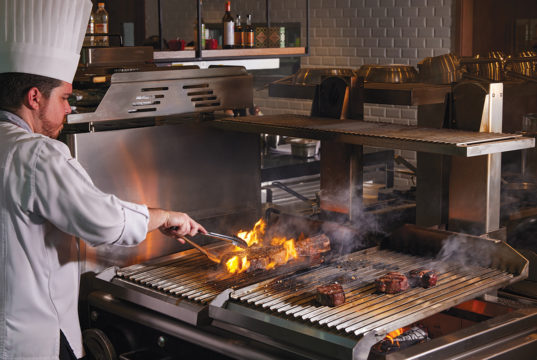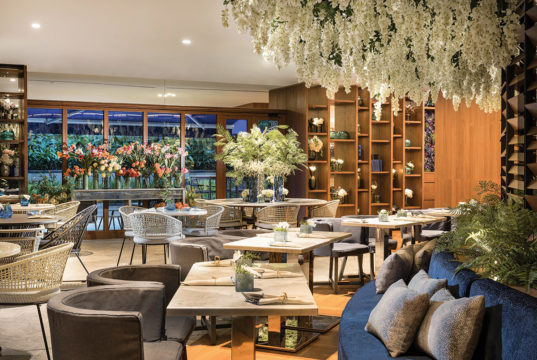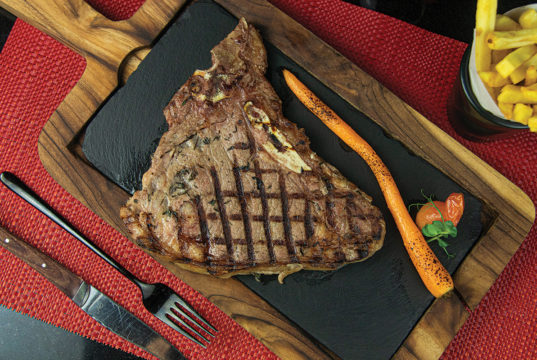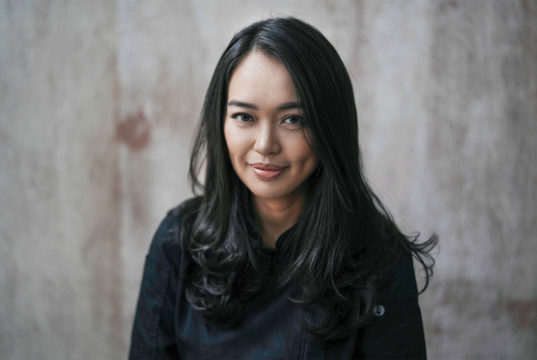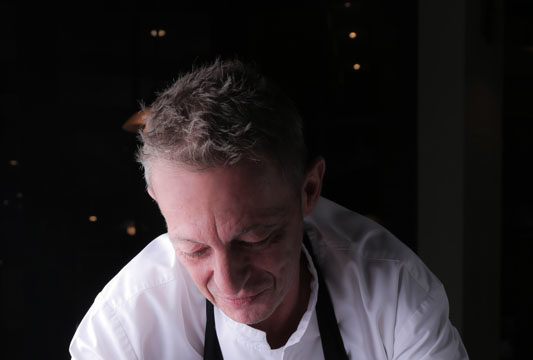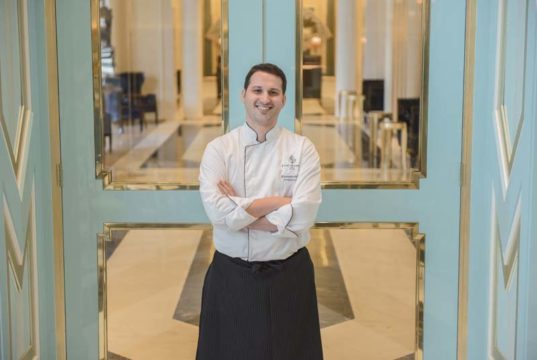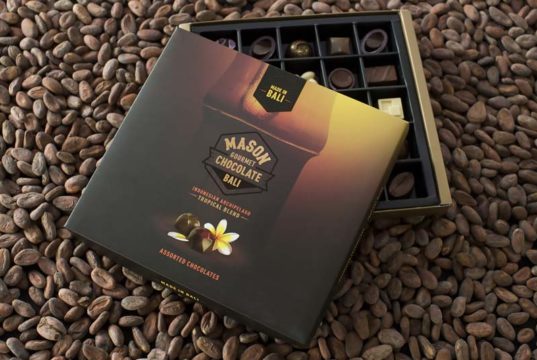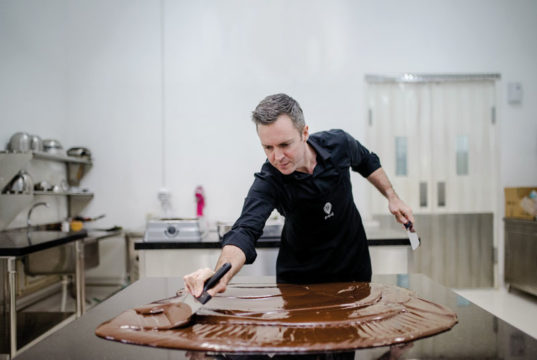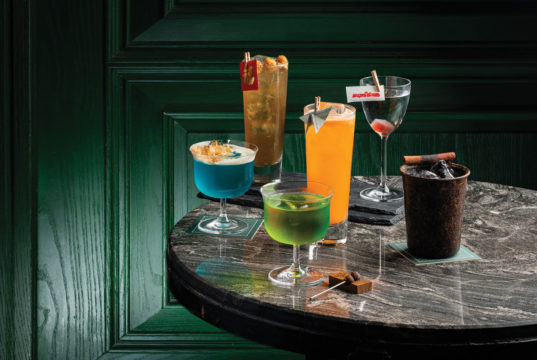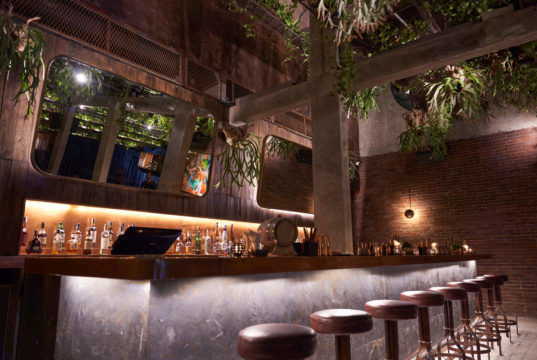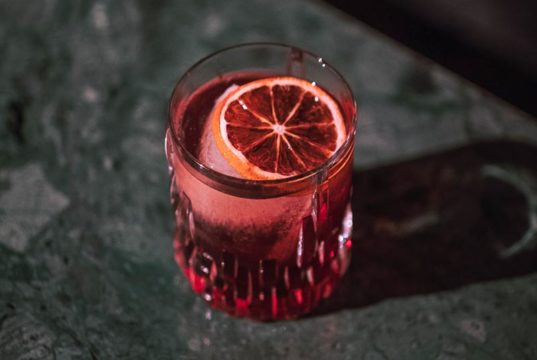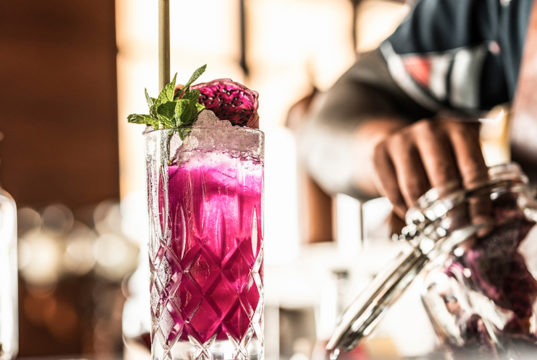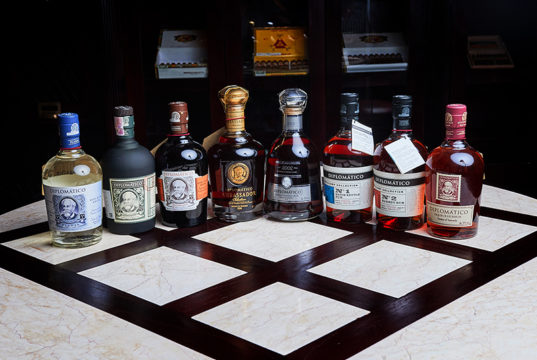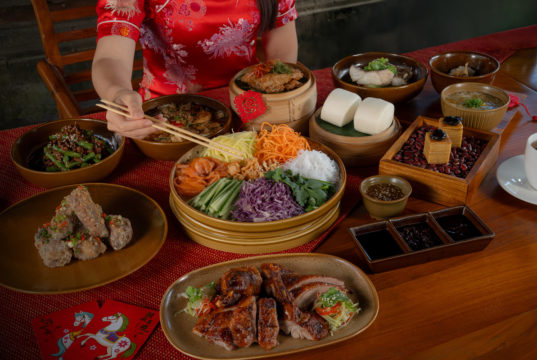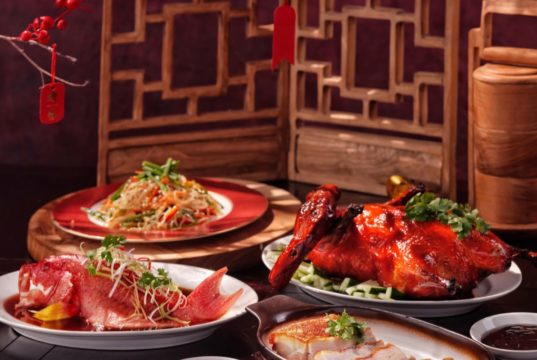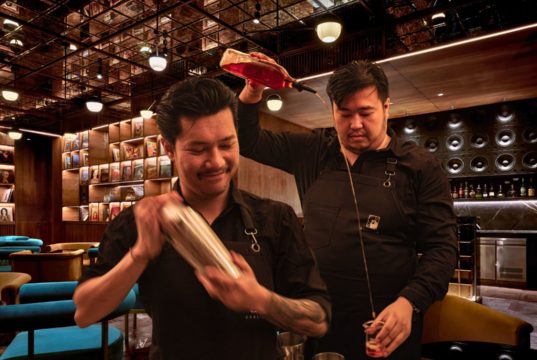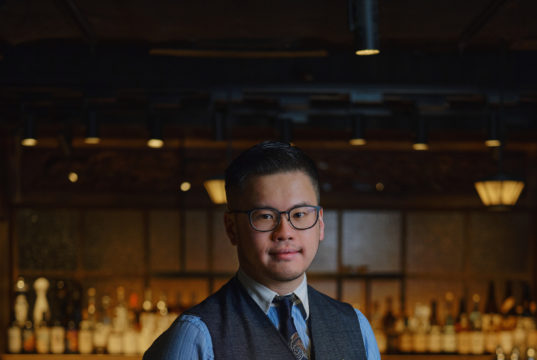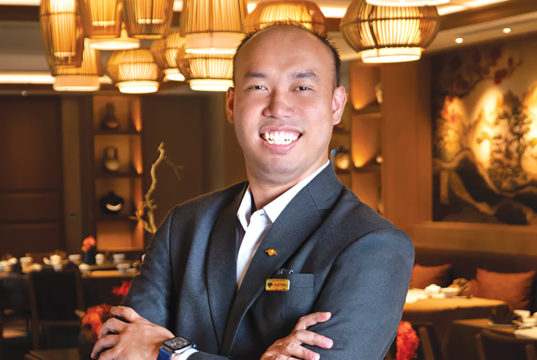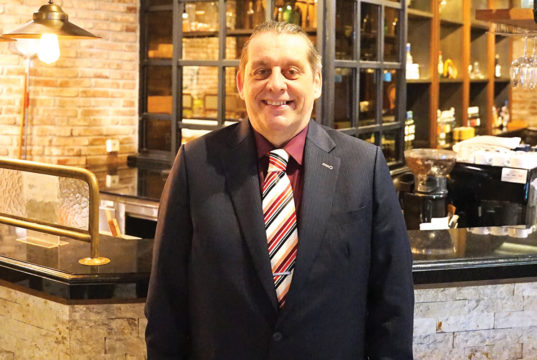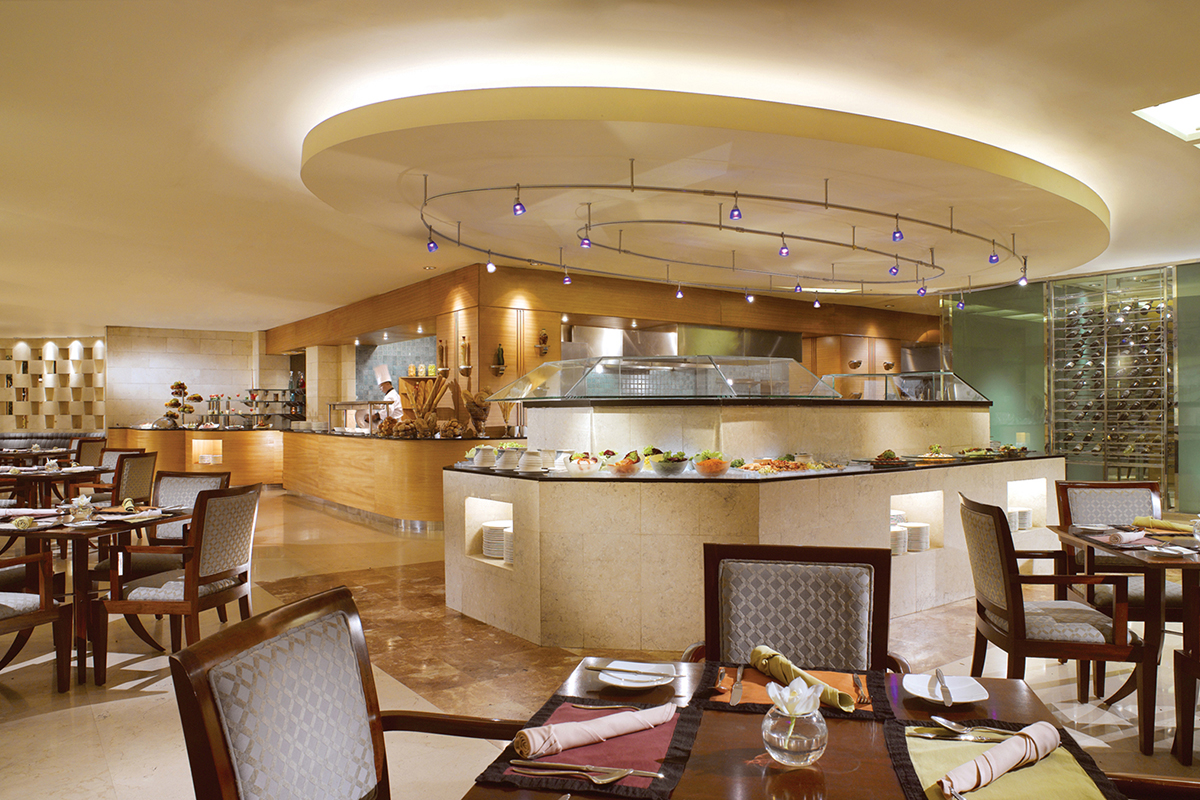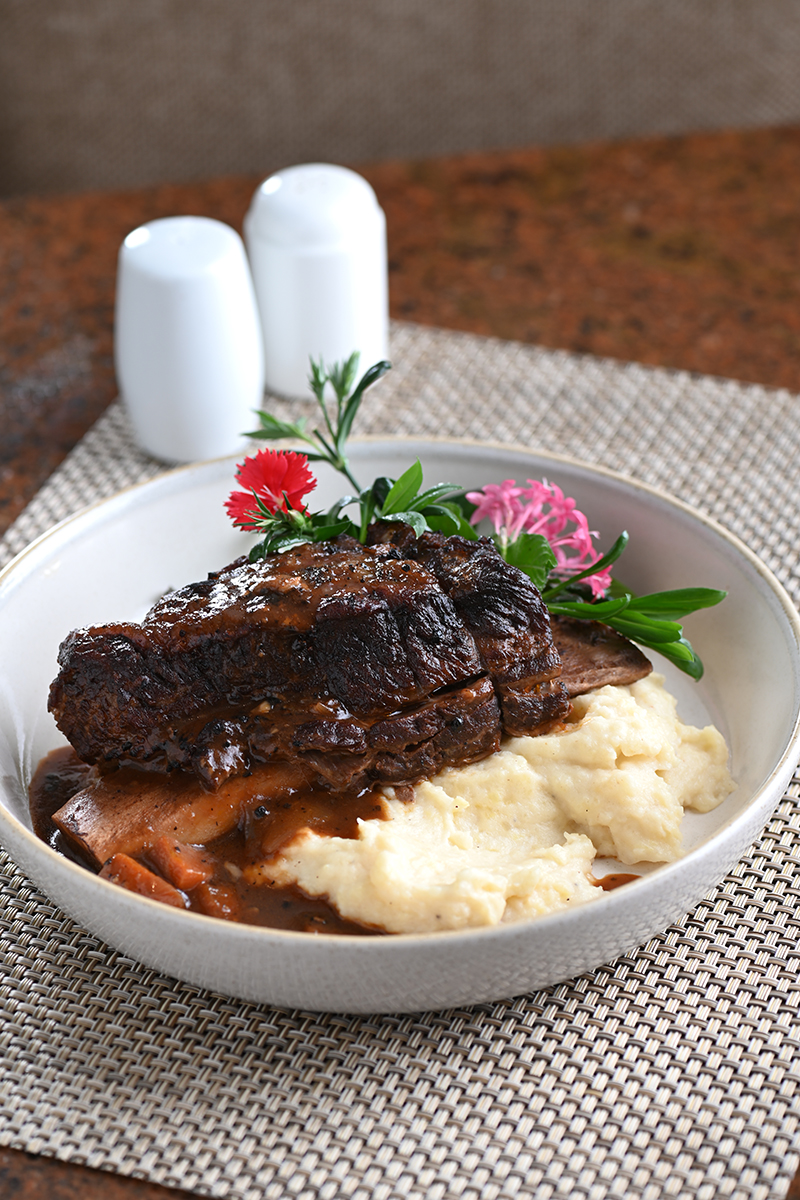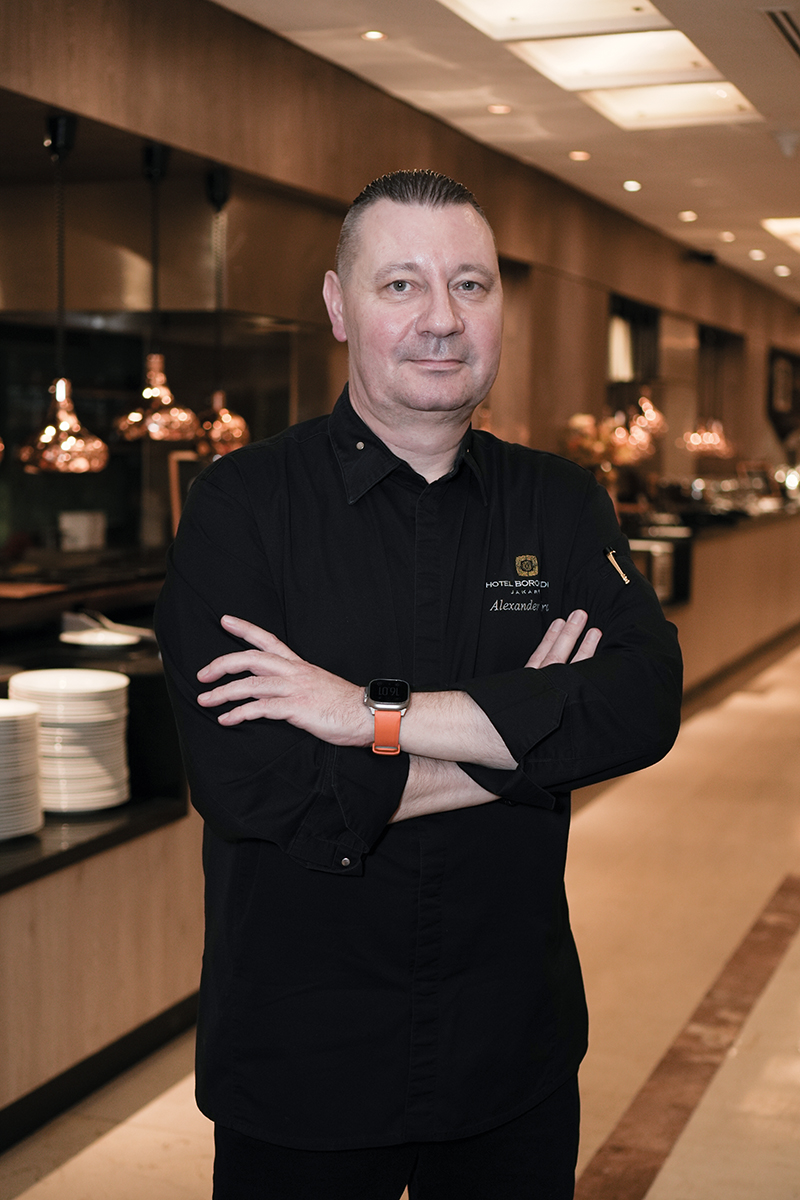
Having worked in Indonesia for several occasions has made Alexander Kral call Southeast Asia, and Indonesia in particular, his home. So, when he joined Hotel Borobudur Jakarta as an executive chef a few years ago, it was like homecoming for him. Now, he is leading the legendary hotel’s F&B department as the director of culinary.
– by Rizki Pradana –
E: You have over 32 years of experience in the culinary industry across multiple continents. How have these diverse cultural experiences influenced your approach to cooking and kitchen management?
A: My basic cooking skills are still European. At every location there will always be some dishes that are outstanding, interesting and unique. The easiest way to learn how to prepare and cook local food is by cooking authentic local recipe together with local chefs. My first experience outside of Europe was in Egypt, before I continued to travel over the years, tried many local food and worked with different excellent chefs. Through the experience, I think the best way to immerse myself in the culture is to simply chat with the locals. Get to know their daily routines and when possible, meet their families. People are mostly friendly and will appreciate it when I show interest in their culture. This makes it easier to build good teams and understand customers too.
E: At Hotel Borobudur Jakarta, you oversee eight restaurants and bars. How do you ensure consistency and high quality across such a wide variety of dining options?
A: We have a large culinary team of experts here at Hotel Borobudur Jakarta. With six expat chefs, including Chinese, Japanese, Indian and European chefs and many talented Indonesian chefs. For the international food at Bogor Café and banquet kitchen, I mostly handle and control them myself with assistance from our local chefs. I also meet with the team every day during operation hours – this is important for me to know that this team can share their challenges or experiences with each other. Most of our culinary team members have good relationship with each other and across different outlets. I believe this will ensure that there is consistency, which will keep our high level of quality.
E: You’ve been part of pre-opening teams for several establishments. What are the key elements that ensure a smooth and successful restaurant or hotel opening?
A: Pre-openings are mostly fun experience for me. At the very beginning, it’s mostly only administration, paperwork and a lot of meetings. Administration includes making a checklist on what my department needs – such as kitchen equipment, kitchen utensils, kitchen drawings or opening staff manning guides. The journey gets more exciting when the hotel or restaurant is getting ready for opening. This is where I get into the next phase with staff interviews and menu planning. Nearing the last weeks before opening and the day of opening is where things get very busy. Most properties will have soft opening and still have time for fine tunings and finding weak points. At this point, I’m seasoned in working pre-opening projects, and I can conclude that the most important thing is to be organised and disciplined about your checklist and schedule.
E: Training and development are crucial in maintaining high standards. Can you describe your approach to training staff, particularly in diverse cultural settings?
A: I still believe that the most successful method is the on-the-field training. That being said, I throw my team straight into a busy daily kitchen operation. At Hotel Borobudur Jakarta, I do this by assigning my team for general trainings conducted at Bogor Café and our banquet operation. I will only pick few team members after I see their work performance and interest after a minimum of three months of working. For the younger staff with lesser experience, I will assign them to follow more specific one-on-one job training together with me. We will spend two to four hours a day for training at breakfast, lunch or dinner operations. In developing new menus or recipes, I usually do them by myself first, to ensure the best result and practice. Afterwards, I will work together with different team leaders and members to train ourselves for the dishes. This way, my team will be more confident at the end of the training. It is paramount that our young staff need to feel confident about their performance and in themselves. Senior leaders like me and the executive-level chefs’ job is to guide the younger cooks through this process. Mistakes will happen and this is normal – it is the process of learning.
E: What has been your most memorable culinary experience, and how did you apply it to your current role at Hotel Borobudur Jakarta?
A: There were several memorable projects in the previous years, in which I was involved or I was the team leader. This ranges from massive VIP international events, weddings with banquets serving hundreds of people and head-of-state dinner set menus, to new high-end restaurant openings. I believe that every event and experience is unique and different. In my first two years at Hotel Borobudur Jakarta, I focused mostly on Bogor Café – pouring in all my experiences here. Bogor Café is a restaurant for everyone to have a good time. It is a legendary family-oriented restaurant that is excellent for every occasion, from business lunches to birthday parties – so, it should represent those core memories and principles. When I came, I changed almost all of the menus, got new equipment and built a new team. Simply put, I brought back the glory days of Bogor Café, an all-day dining buffet restaurant where everyone will find food that they enjoy.
Braised Beef Short Ribs
Ingredients
- 4 beef short ribs, bone in
- 4 cloves of garlic, chopped
- 1 large onion, diced
- 1 large carrot, diced
- 1 celery ribs, diced
- 2tbsp tomato paste
- 2 cups red wine
- 500ml low-sodium beef stock
- Thyme
- Bay leaves
- Salt and pepper for seasoning
- Olive oil
METHOD
- Preheat oven to 160C.
- Put Dutch oven pan on high heat, add olive oil to pan.
- Rub ribs with salt and pepper, place on pan and sear all sides.
- Remove beef from pan and turn down heat. Add garlic, onion, carrot and celery. Cook until light brown colour.
- Add tomato paste into the pan, cook until slightly brown.
- Add red wine and beef stock. Make sure that the stock is low in salt.
- Place ribs back in the pan, add thyme and bay leaves, and cover with lid.
- Move the pan in the pre-heated oven and bake for three hours.
- Take out pan from the oven then remove ribs from pan and keep warm.
- Put the pan on the burner again to reduce stock. Add salt and pepper to taste.
- Serve ribs with bone in. Pour the sauce from the pan over the ribs and some on the side.
- Best served with creamy butter mashed potatoes.
Exquisite Taste Volume 44
Hotel Borobudur Jakarta
Jalan Lapangan Banteng Selatan
Jakarta 10710, Indonesia
T: (+62) 213805555




